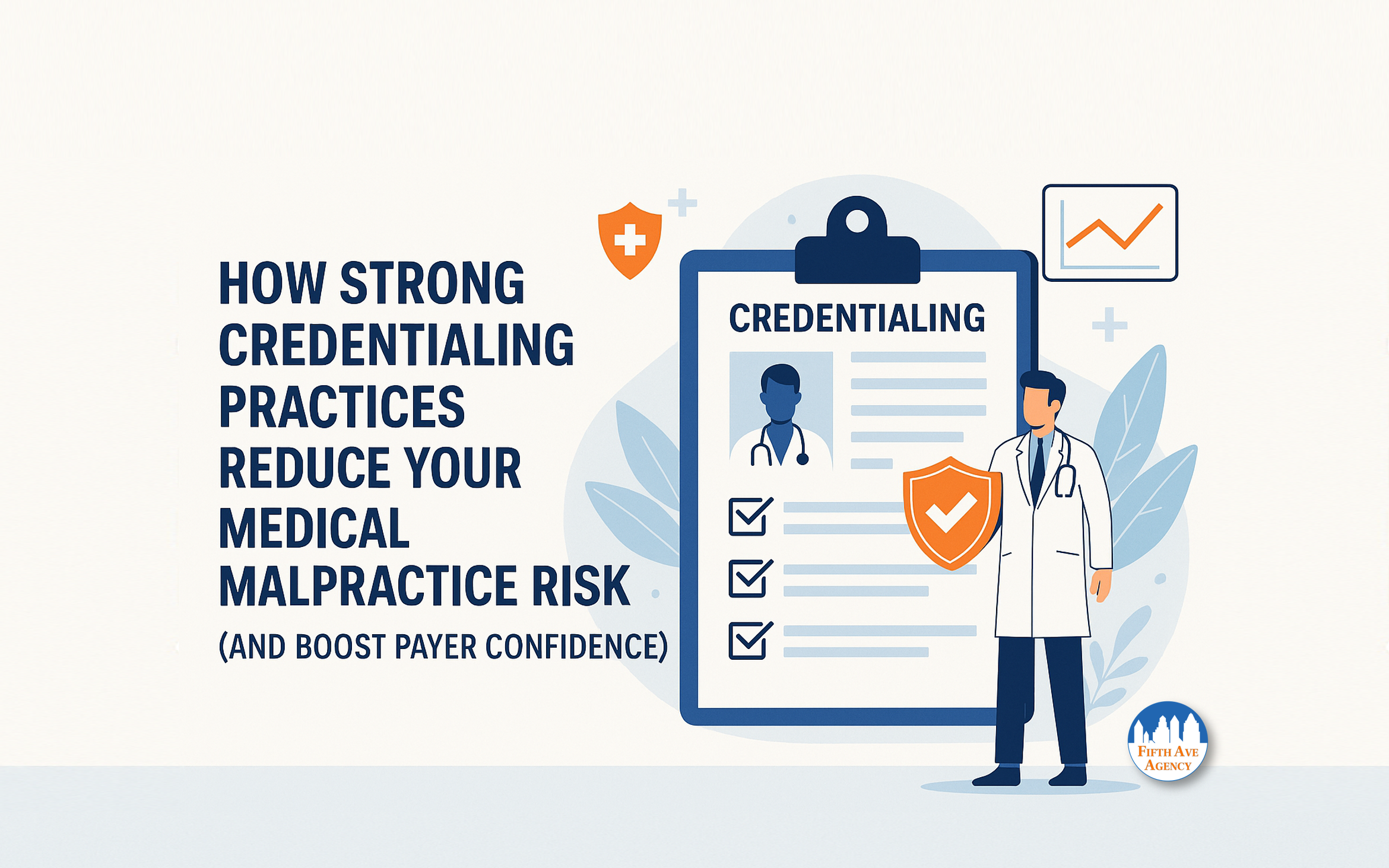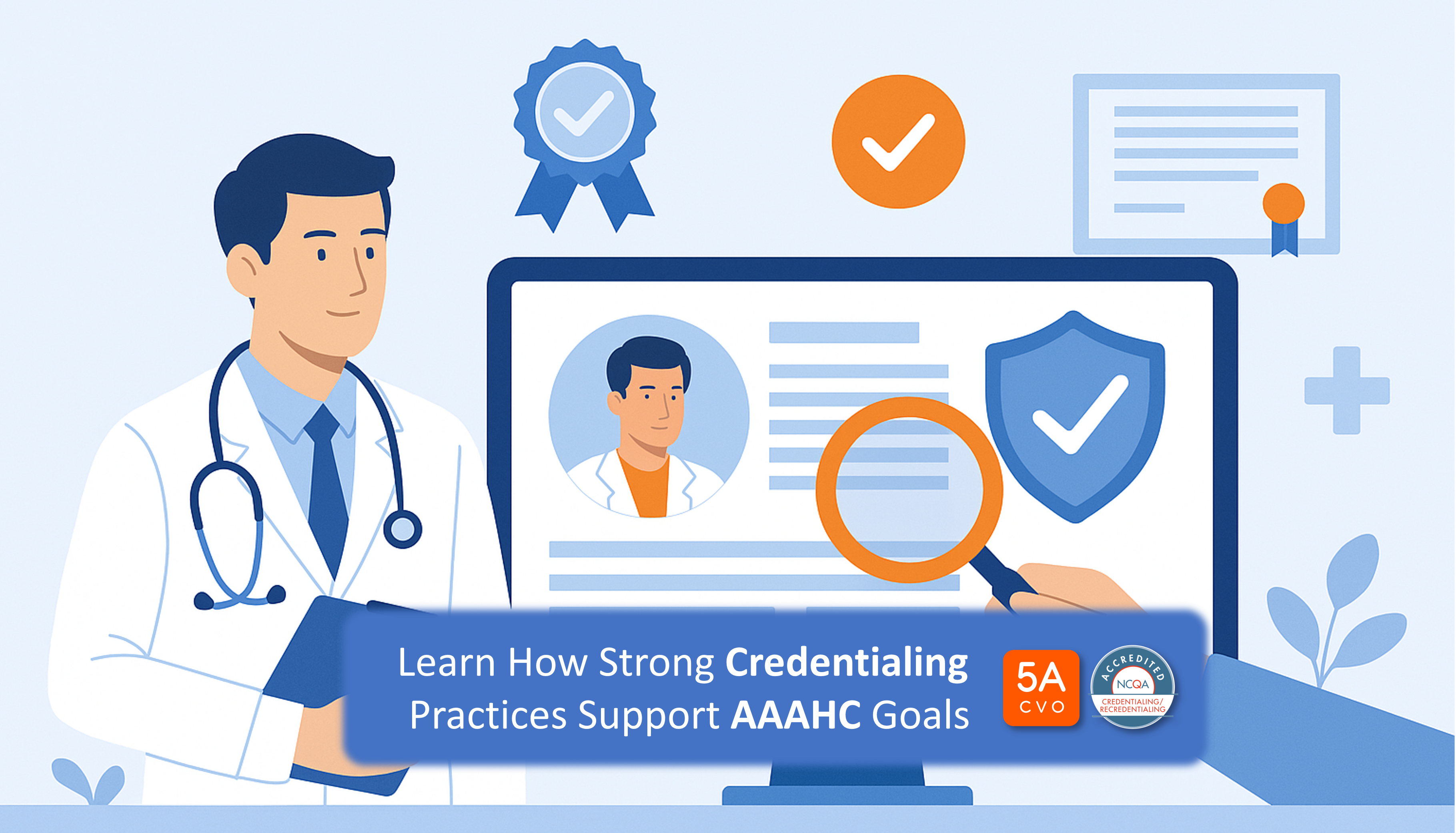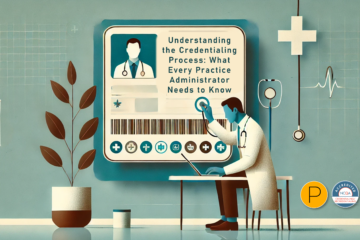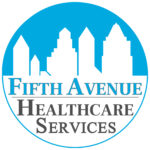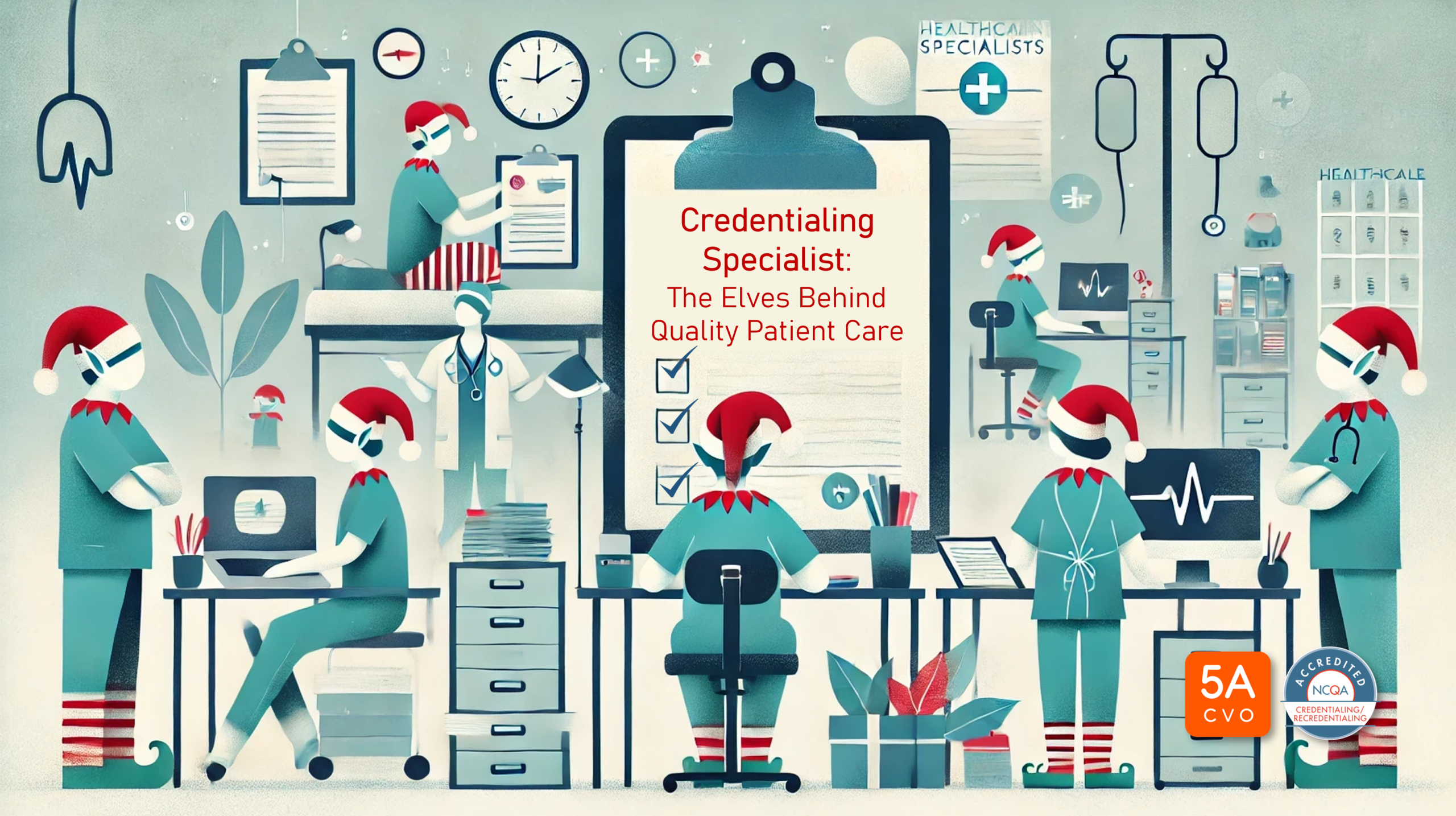Credentialing Delays Can Freeze Your Plans
The holiday season is a time for celebration, family, and new beginnings. However, for new healthcare providers, it’s also a critical period to ensure that credentialing deadlines are met. Missing these deadlines can leave providers “out in the cold,” delaying their ability to join payer networks and see patients. These delays can have a cascading effect, impacting income, practice growth, and patient care.
This article will explore why timely credentialing is crucial during the holiday season, how missing deadlines can derail a provider’s start date, and the steps providers and healthcare facilities can take to ensure they’re ready to hit the ground running in the new year.
The High Stakes of Credentialing Deadlines
Credentialing is the process of verifying a healthcare provider’s qualifications, licenses, and experience. It is a prerequisite for joining payer networks, which is necessary for providers to bill insurance companies and get reimbursed for services. This process, while essential, is time-sensitive and lengthy, with more than 52 conventional credentialing steps taking anywhere from 60 to 180 days.
During the holiday season, many healthcare facilities, insurance payers, and credentialing bodies operate with reduced staffing or take time off. This slowdown can extend credentialing timelines even further. Providers who don’t submit their applications on time may face delays that push their start dates well into the new year.
Delays in credentialing can mean:
- Lost Income: If a provider can’t join payer networks, they can’t bill for services, leading to financial setbacks.
- Patient Access Issues: Patients may experience delays in care due to fewer providers being available.
- Frustration and Burnout: New providers may feel disheartened when administrative hurdles prevent them from starting their practice.
Meeting credentialing deadlines ensures providers are ready to deliver care without interruption and helps healthcare organizations maintain seamless operations.

Why the Holiday Season Complicates Credentialing
The end of the year brings unique challenges to the credentialing process:
1. Reduced Staffing and Office Closures
Payer offices, credentialing departments, and medical boards often operate with limited staff or close for the holidays. This can delay responses, verifications, and approvals. A process that typically takes weeks can stretch into months during this period.
For example, many state licensing boards have specific blackout dates around the holidays when no applications are processed. Providers unaware of these blackout dates may find their applications stalled until the new year.
2. Increased Volume of Applications
Many providers aim to start in January, leading to a surge of credentialing applications at the end of the year. This increased volume can strain credentialing teams, causing delays. Hospitals and clinics often try to onboard multiple new providers simultaneously, creating bottlenecks.
In addition, insurance payers often experience an influx of requests for new contracts, recredentialing, and updates to existing provider profiles. This surge in demand can overwhelm their staff and extend processing times.
3. End-of-Year Deadlines and Renewals
Many healthcare facilities focus on closing the year, renewing contracts, and meeting other administrative deadlines. Credentialing may not be their top priority, further slowing down the process. Hospitals and clinics often deal with budget finalizations, staff evaluations, and strategic planning for the new year, making it challenging to prioritize credentialing.
4. Holiday Distractions
With the holiday season in full swing, providers and administrative staff may be balancing personal commitments, travel plans, and holiday preparations, leading to missed deadlines and overlooked details. The combination of reduced staff availability and holiday distractions increases the risk of documentation errors and submission delays.
The Consequences of Missing Credentialing Deadlines
Failing to complete credentialing on time can lead to several adverse outcomes for providers and healthcare organizations:
1. Delayed Start Dates
Providers who miss credentialing deadlines may be unable to start seeing patients in January as planned. This can delay their entire schedule, affecting patient care and practice revenue. A delay of even a few weeks can disrupt the flow of new patient appointments and procedures, impacting the provider and the healthcare organization.
2. Loss of Revenue
Without credentialing, providers cannot bill insurance companies for their services. This loss of revenue can be significant, especially for providers relying on insurance reimbursements. For a provider expecting to see 20 patients a week, a delay of just one month could mean thousands of dollars in lost income. Working with an IPA such as Primoris will help limit the time it takes to complete provider enrollment and, in some cases, dramatically reduce the provider enrollment time.
3. Impact on Reputation
Healthcare facilities that face credentialing delays may struggle to onboard new providers efficiently, impacting their reputation for reliability and preparedness. Patients and referring providers may question the organization’s efficiency, leading to a loss of trust.
4. Disrupted Patient Care
Patients who expect to see a new provider in the new year may face delays, leading to frustration and potential gaps in care. For patients with chronic conditions or urgent healthcare needs, these delays can have grave consequences.
5. Provider Frustration and Burnout
New providers eager to start their practice may feel frustrated and demotivated when credentialing delays prevent them from doing so. This frustration can contribute to early career burnout, especially if the delays are due to administrative oversights.
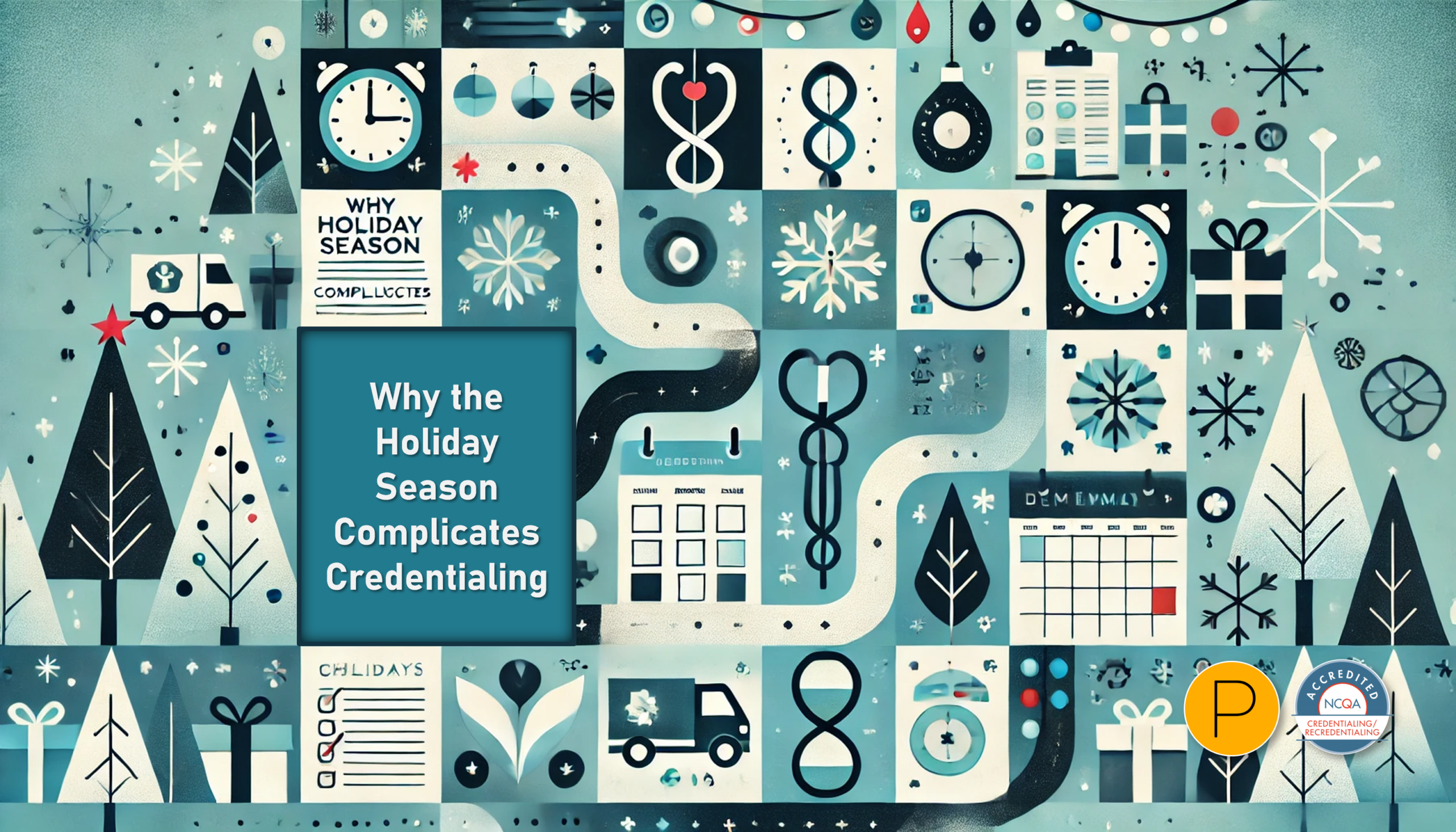
Steps to Ensure Timely Credentialing
Timely credentialing is achievable with preparation and proactive steps. Here are strategies to ensure providers don’t get left out in the cold:
1. Start Early
Credentialing can take 60-180 days, so start the process as early as possible. Submit applications well in advance to account for holiday delays. Ideally, new providers should begin the credentialing process 3-6 months before their intended start date.
2. Work with a Credentialing Specialist or CVO
Credentialing Verification Organizations (CVOs) specialize in managing the credentialing process. Partnering with a CVO can streamline the process, ensure accuracy, and reduce administrative burdens. CVOs have the expertise to navigate complex payer requirements and can advocate for timely processing.
3. Prepare Accurate and Complete Documentation
Incomplete or inaccurate documentation is a common cause of delays. Ensure all forms, licenses, certifications, and references are accurate and up-to-date before submission. Double-check that all signatures, dates, and required attachments are included.
4. Follow Up Regularly
Stay in regular contact with credentialing departments, payers, and medical boards to track the progress of applications. Promptly respond to requests for additional information. Proactive follow-up can help identify and resolve potential issues before they cause delays.
5. Set Reminders for Deadlines
Use calendars, reminders, and task management tools to track credentialing deadlines and key milestones. Don’t let holiday distractions cause missed deadlines. Create a checklist of all required documents and tasks and review it regularly.
6. Plan for Holiday Delays
Account for reduced staffing and office closures during the holidays. Submit applications early enough to avoid the holiday slowdown. Contact credentialing departments and payers in advance to confirm their holiday schedules and processing timelines.
7. Communicate with Employers and Payers
Maintain open communication with employers, medical staff offices, and payer networks. Inform them of your intended start date and ask for updates on the status of your application. Clear communication can help align expectations and resolve potential issues quickly.
Case Study: How One Provider Avoided the Holiday Credentialing Freeze
Dr. Emily Clark, a family medicine physician, planned to start her new role at a clinic on January 2nd. Dr. Clark began the process in September because the holiday season could complicate credentialing. She worked with a credentialing specialist who ensured her documentation was complete and accurate.
By mid-November, her credentialing applications were submitted to all necessary payers. Despite some delays from payer offices due to holiday staffing, Dr. Clark’s proactive approach ensured she was fully credentialed by the end of December. As a result, she started her new role on time, with no disruptions to patient care or income.
Dr. Clark’s experience highlights the importance of early preparation and professional support in avoiding credentialing delays.
Conclusion: Don’t Let Credentialing Delays Freeze Your Plans
The holiday season should be a time of joy and new beginnings, not frustration and missed opportunities. Timely credentialing is crucial for new providers who want to start the new year ready to practice. By preparing early, working with credentialing specialists, and staying proactive, providers can avoid delays and ensure a smooth transition into the new year.
Don’t get left out in the cold—prioritize timely credentialing and step into the new year with confidence and readiness.
Call to Action
Ensure your credentialing process is seamless and stress-free this holiday season. Visit PrimorisCredentialingNetwork.com to learn how our expert credentialing team can help you meet deadlines, avoid delays, and start the new year ready to practice. Don’t let credentialing delays hold you back—let us handle the details so you can focus on delivering quality patient care.
More information about Primoris Credentialing Network
Primoris Credentialing Network is NCQA Credentialing Accredited specializing in credentialing and provider enrollment with 54+ health plan and network provider enrollment options. Primoris is a family member of Fifth Avenue Healthcare Services. Sister companies include 5ACVO (credentialing and primary source verification specialists) and Fifth Avenue Agency (MPLI and medical malpractice specialists).
For more information on Primoris Credentialing Network, please visit PrimorisCredentialingNetwork.com or Contact Us.



